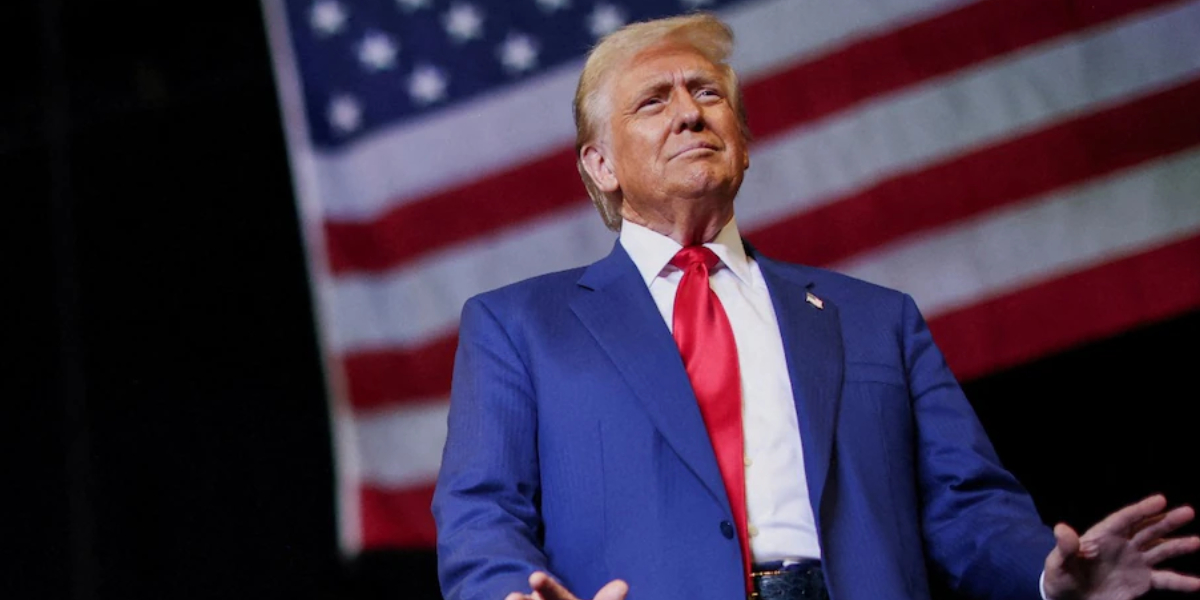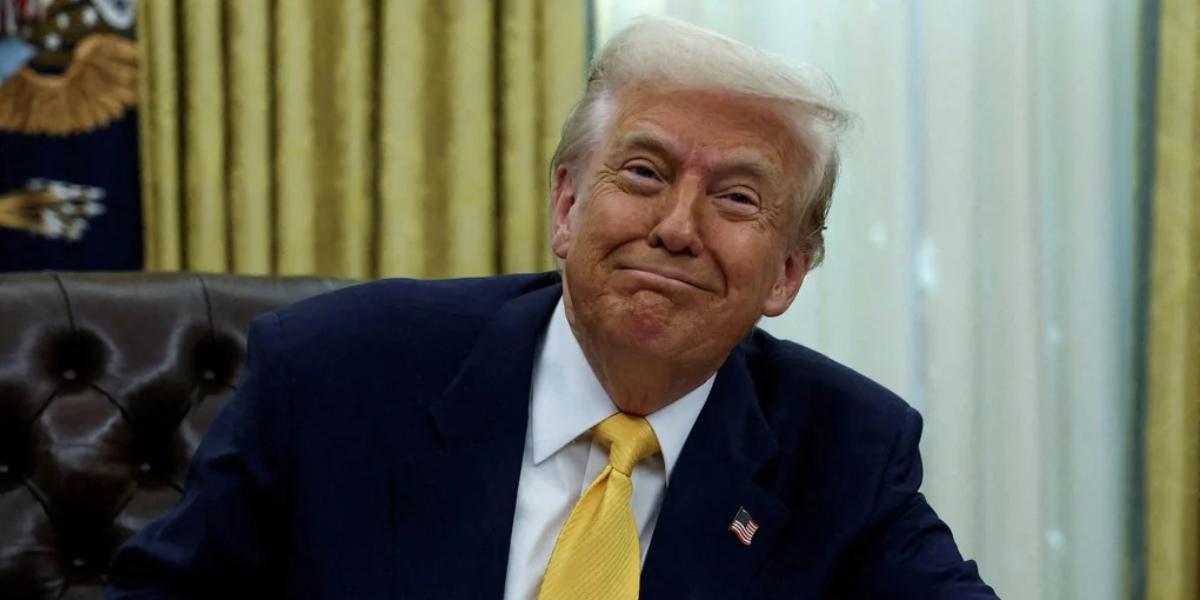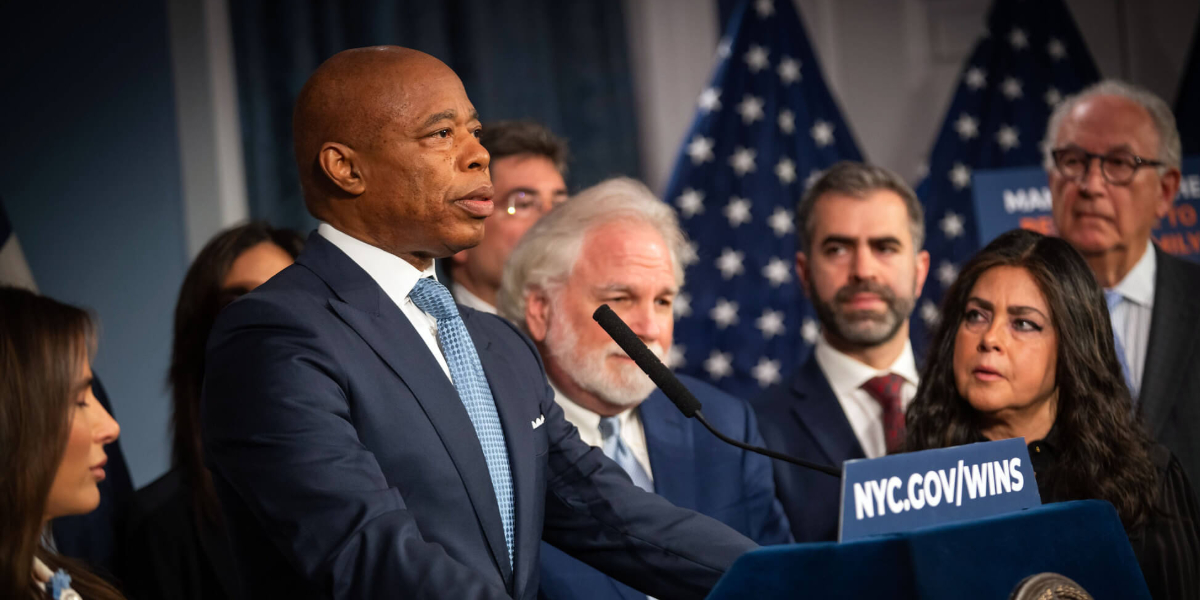Amid growing tension over the president’s intensifying immigration enforcement effort, President Trump’s new travel ban for citizens of 12 countries, primarily in Africa and the Middle East, went into effect Monday.
Citizens of Afghanistan, Myanmar, Chad, the Republic of Congo, Equatorial Guinea, Eritrea, Haiti, Iran, Libya, Somalia, Sudan, and Yemen are covered by the new proclamation, which Mr. Trump signed last week.
Additionally, it places more limitations on foreign nationals without valid visas from Burundi, Cuba, Laos, Sierra Leone, Togo, Turkmenistan, and Venezuela.
Guidance sent to all U.S. diplomatic offices on Friday states that the new prohibition does not cancel visas already granted to citizens of the listed nations.
However, effective Monday, an applicant’s application will be denied unless they meet specific requirements for an exemption to the restriction.
Even after the ban goes into effect, those who have already been granted visas should still be permitted entry into the United States.
A hurriedly drafted executive order that prohibited admission to people of primarily Muslim nations during Mr. Trump’s first term caused pandemonium at many airports and other ports of entry, leading to successful court challenges and significant policy changes.
In the hours following the new ban’s implementation, Los Angeles International Airport did not exhibit any such disruption.
Many Haitians who wish to travel to the United States are just trying to get away from violence and instability, according to Haitian-American Elvanise Louis-Juste, who was at the airport earlier Sunday in Newark, New Jersey, waiting for a flight to her home state of Florida.
The second restriction, which focuses on the visa application process, is more carefully worded, according to many immigration experts, and seems to be intended to overcome judicial objections that hindered the earlier one.
This time, Mr. Trump said that certain nations had “deficient” passport and other public document screening processes or had a history of refusing to repatriate their own residents.
An annual Homeland Security report on those who stay in the country after their visas expire was a major source of information for him.
Experts have struggled for decades to measure overstay rates, but since 2016, the government has made a modest annual effort. Overstay rates for eight of the twelve prohibited nations are cited in Mr. Trump’s proclamation.
The president said that the new prohibition highlighted the risks posed by certain tourists who overstay visas and connected it to a terrorist attack in Boulder, Colorado.
Read Also: ‘Arrest Me’: Newsom Digs In Against Trump Administration Pressure
The guy accused of the attack, according to U.S. officials, overstayed a tourist visa. He hails from Egypt, which is not on Mr. Trump’s list of prohibited nations.
The prohibition was promptly decried by NGOs that give relief and resettlement help to migrants.
Afghanistan’s admission infuriated some supporters who have been working to relocate its citizens. Afghans on Special Immigrant Visas, who often collaborated most closely with the U.S. government during the two-decade war in Afghanistan, are exempt from the restriction.
About 14,000 refugees were relocated from Afghanistan in a 12-month period ending in September 2024, making it one of the main sources. On his first day in office, Mr. Trump halted the resettlement of refugees.



